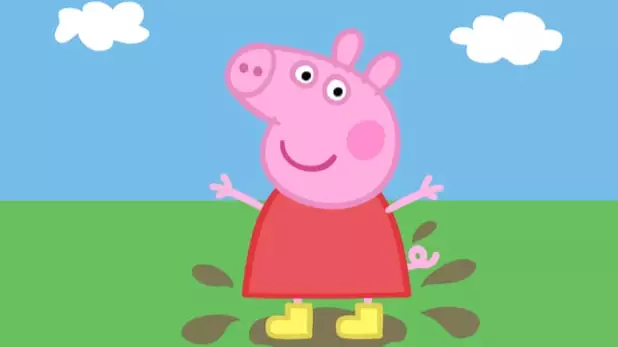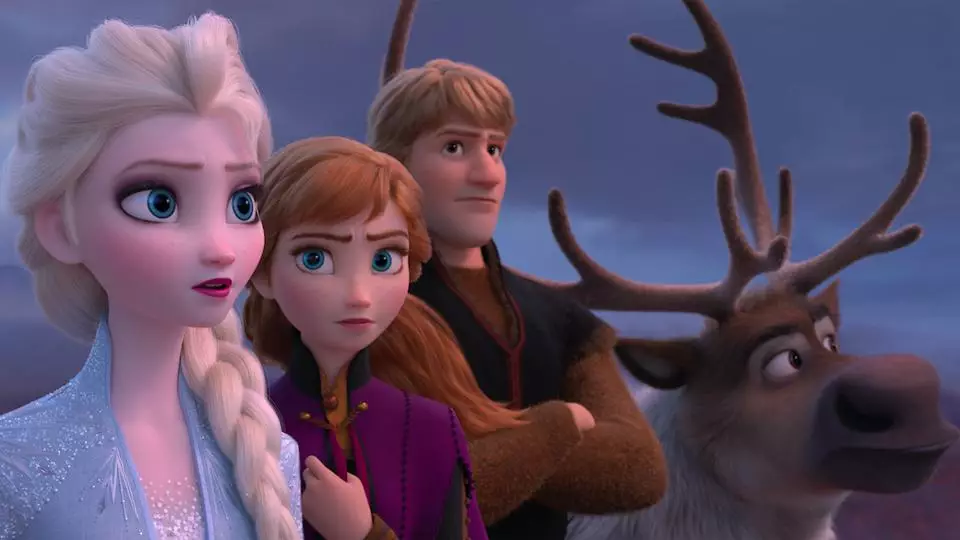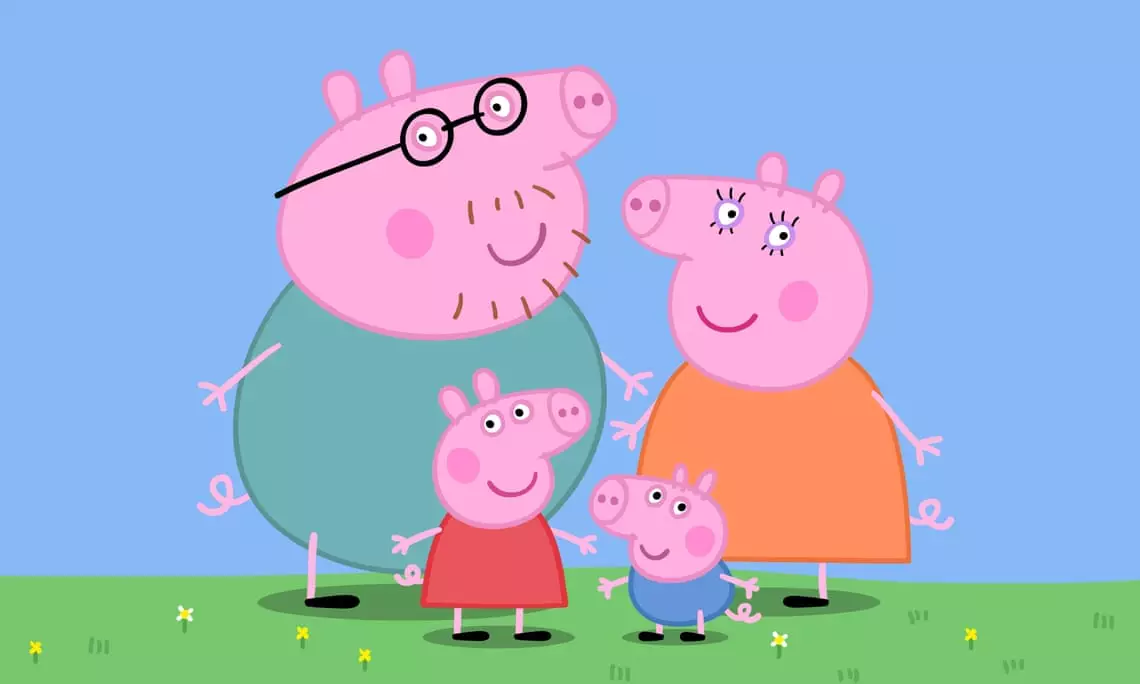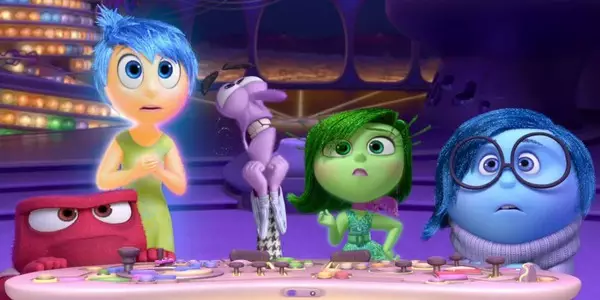
A new study has found a series of beloved children's shows, including kid's favourite Peppa Pig, are "too violent."
The research, conducted by Bath University, looked at six children's TV series and ten family movies aimed at kids between the ages of four and six.
Films that were scrutinised in the study included Incredibles 2, Frozen and Finding Dory.
Advert
Meanwhile, Peppa Pig, Paw Patrol, and Octonauts were among the television programmes observed.
The study found that a number of these animated features often see characters fail to show empathy when someone is injured.

This focus on more extreme and violent injuries without compassion teaches children the wrong lessons about pain and gives "unrealistic expectations" about the subject.
Advert
Young viewers engrossed in the hugely influential programmes are exposed to nearly nine incidents of violence or pain an hour.
These scenes only arise through acts of roughness or injury and in almost half the time onlookers express a lack of sympathy, psychologists found.
Researchers reported being "shocked" at the findings.

Co-author Dr Abbie Jordan said of the study: "How children experience, model, understand and manage pain has real lasting consequences for them as individuals but also for all of us across wider society.
Advert
"Pain, in particular chronic pain, can have hugely debilitating effects on the lives of children and young people right through into adulthood.
"Part of the challenge in this is how we talk about pain."
Her team identified 454 painful incidents over 52 hours of footage analysed - an average of 8.66 incidents of pain per hour.
Violent pain or injury was the most common type depicted, which was found in 79 per cent of incidents.
Advert
Everyday mishaps like falling over and bumping a knee accounted for only 20 per cent of pain-related scenarios, the researchers discovered.

Analysis of facial expressions showed boy characters were much more prone to severe pain, and there was a general lack of empathy from bystanders.
Three quarters of instances were seen by others in the footage and they did not respond in 41 per cent of cases, the study found.
Advert
Dr Jordan added: "We know children spend increasing amounts of time watching these influential programmes and films and that what they depict feeds through to their understanding and awareness of an issue.
"When it comes to pain, as we see from this study, the picture presented by these media is not reflective of children's common experiences, instead focusing much more on extreme and violent pain.

"Our assessment is these programmes could do much more to help children understand pain by modelling it in different ways and crucially by showing more empathy when characters experience pain.
"That's important for how children interact with others when one of them experiences pain, such as when a friend might fall over in the playground or when they go to the doctors for routine vaccinations."
The films analysed - dating back to 2009 - included Despicable Me 2, The Secret Life of Pets, Toy Story 3 and 4, Incredibles 2, Inside Out, Up, Zootopia, Frozen and Finding Dory.
The TV programmes examined were Sofia the First, Shimmer and Shine, Paw Patrol, Octonauts, Peppa Pig and Daniel Tiger's Neighbourhood.
Featured Image Credit: Entertainment OneTopics: Entertainment News, TV News, TV Entertainment